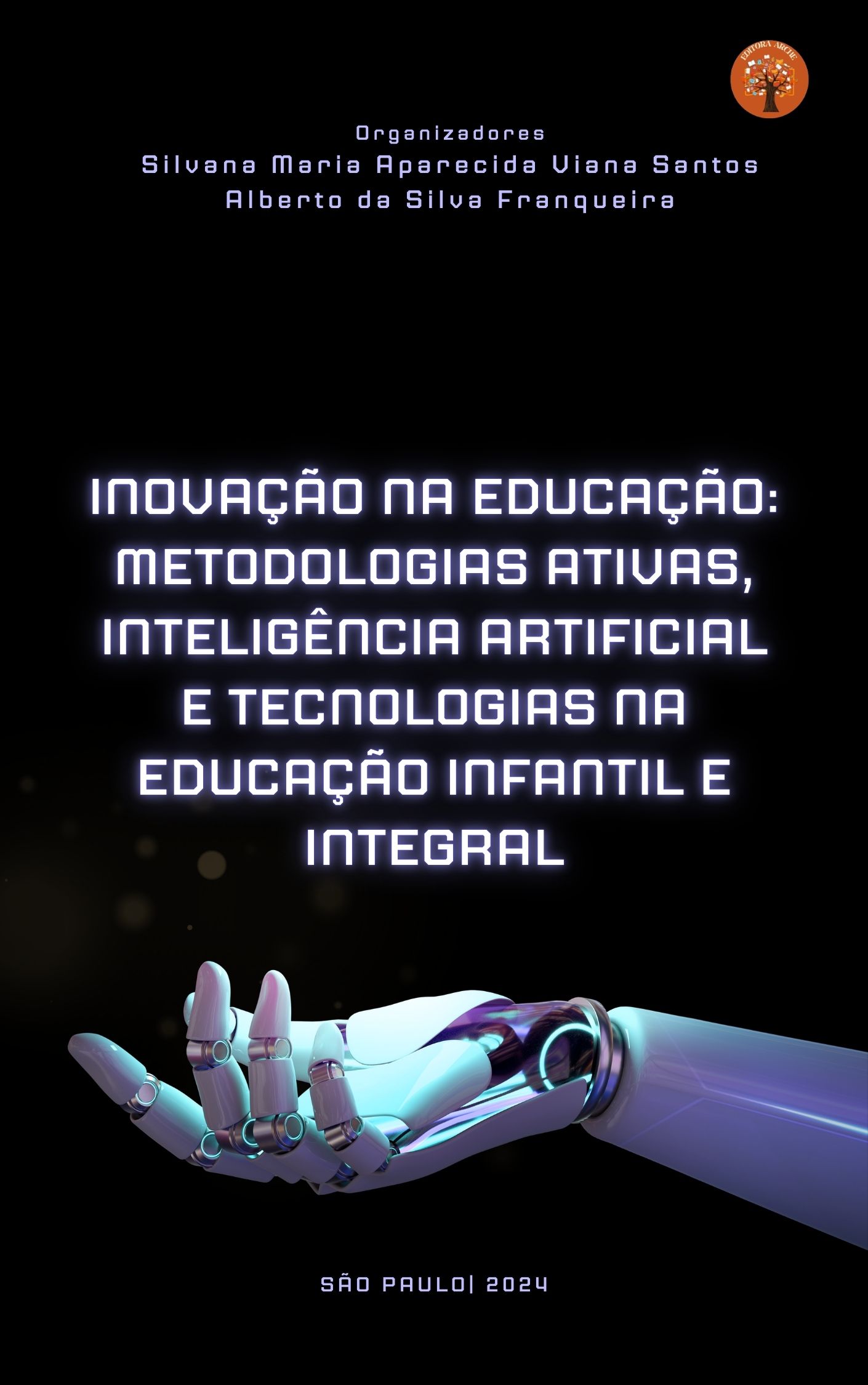INNOVATION IN EDUCATION: ACTIVE METHODOLOGIES, ARTIFICIAL INTELLIGENCE AND TECHNOLOGIES IN EARLY CHILDHOOD AND INTEGRAL EDUCATION
Keywords:
Digital Technologies. Early Childhood Education. Cognitive Development. Social Development. Digital Learning.Abstract
We live in an era of profound transformations, where artificial intelligence (AI) is redesigning the ways in which we acquire, transmit and impart knowledge. The convergence between technology and the humanities has opened doors to innovative methodologies that have reconfigured the way we learn and produce culture. In education, AI has enabled the development of tools that personalize learning, meeting the individual needs of each student. In the field of literature, algorithms have become creative partners, helping writers explore new narrative possibilities and analyze works.
Education has undergone an unprecedented revolution, driven by the convergence of active methodologies, artificial intelligence (AI) and innovative technologies. At the heart of this transformation, early childhood and comprehensive education schools play a crucial role, as they offer unique opportunities to implement pedagogical practices that go beyond traditional methods. This eBook, "Innovation in Education: Active Methodologies, Artificial Intelligence and Technologies in Early Childhood and Comprehensive Education", was created with the aim of exploring the possibilities and challenges of this new educational era. In the context of early childhood education, where children’s cognitive, emotional and social foundations are formed, active methodologies emerge as powerful tools for stimulating curiosity, autonomy and critical thinking. Through strategies such as project-based learning (PBL), gamification and interactive activities, educators have the opportunity to transform the school environment into a dynamic and engaging space. Combined with technology, these methodologies become even more appropriate, allowing for a personalized and inclusive approach, adapted to the needs of each student.
Artificial intelligence has also emerged as a great ally in education. AI tools, such as adaptive learning platforms, virtual assistants and educational data analysis systems, allow teachers to monitor students’ progress in real time, identify specific difficulties and adjust their pedagogical practices. In comprehensive education, which requires strategies to engage students throughout extended school days, these innovations prove indispensable for ensuring motivation and continuous learning.
In addition, literature, a fundamental pillar in the education of any student, takes on new contours in the digital age. This eBook discusses how the union between technology and literature can enrich students' experiences through interactive narratives, digital tools for literary creation, and activities that stimulate imagination and creativity. Storytelling, a traditional part of early childhood education, can be expanded with technological resources, creating immersive experiences that spark even more interest in young readers. Finally, this eBook addresses the challenges and ethical issues that emerge with the increasing use of technology in education. Enjoy your reading!
Organizers,
Silvana Maria Aparecida Viana Santos
Alberto da Silva Franqueira
Downloads

Downloads
Published
How to Cite
License
Atribuição CC BY
